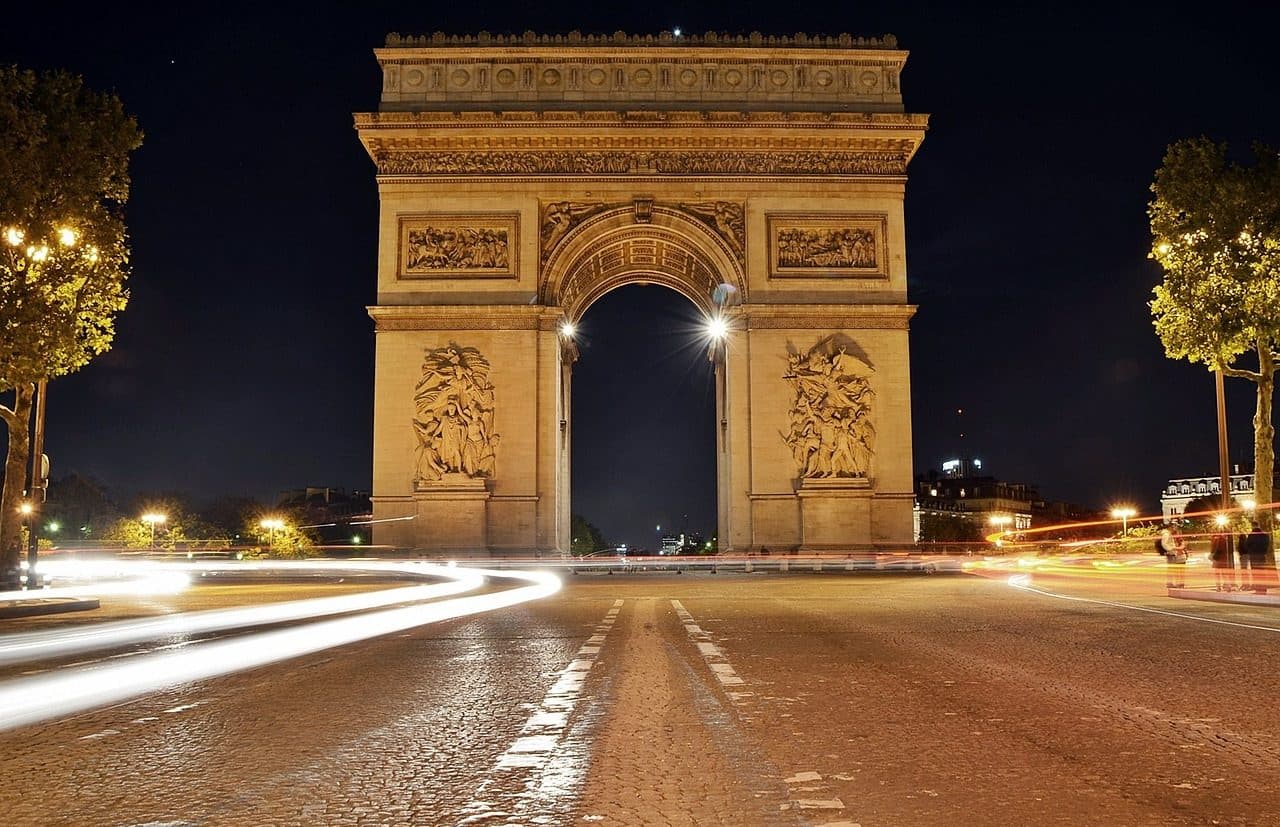
A triumph is a victory or achievement.
Triumph is the act and result of triumphing (achieving success or achieving victory). The etymology of the term takes us to the Latin language , more precisely to the word triumphus .
For example: “Luis Suárez sealed the victory of the Uruguayan team by scoring the second goal of the game ninety minutes into the game,” “Having reached the third round of the tournament is a triumph,” “Finding a place to park on this avenue It is a true triumph.”
Triumph in sports
The idea of triumph usually appears in sports . Take the case of the 2014 Soccer World Cup . In the final of said tournament, Germany beat Argentina 1-0 . Therefore, it can be said that the German team achieved victory in that match.
The counterpart of triumph is defeat . Returning to the previous example, Germany achieved victory and handed Argentina a defeat. That is to say: Germany was victorious and the Argentine team ended up defeated.
The concept in other areas
Beyond sport, when a person or an organization meets its objectives it is also a triumph.
A man who managed to climb a mountain may consider that feat a triumph. The manager of a company that managed to export its products for the first time to an important market may think the same.
At the time of the Roman Empire , the ceremony held in honor of the general whose army was victorious in a war was called triumph. The artistic works that represent these celebrations are also called triumph.

The Arc de Triomphe is a symbol of Paris.
The Arc de Triomphe
Paris is one of the most visited cities each year by tourists from many parts of the world, largely for its culture and monuments. Although the Eiffel Tower is the icon that represents it most frequently, we must not forget that its Arc de Triomphe has nothing to envy it. Regarding its history, Napoleon ordered it to be built in 1806 , when the Battle of Austerlitz had concluded, and the work took three decades , which is why it was completed during the reign of Louis Philippe I. The name of the architect in charge of this impressive monument is Jean-François Chalgrin .
The Arc de Triomphe in Paris measures 50 meters high and its base is 45 by 22 meters. Throughout history , it has been the protagonist of various memorable moments, such as the transfer of Napoleon 's remains in 1840 and the military parades that took place in each of the two world wars.
The base of the Arc de Triomphe contains the Tomb of the Unknown Soldier ; This monument was built in 1921 and is characterized by having an always burning flame , in honor of the citizens who lost their lives in the First World War and who could not be identified. On the other hand, on the pillars are the names of the battles that the Napoleonic armies won, along with those of hundreds of generals, some of them underlined to refer to their fall on the battlefield .
A Spanish magazine
As its proper name, "Triunfo" was a magazine that was published for 36 years in Spain . José Ángel Ezcurra founded it in 1946 in Valencia , and assumed the role of director until the day it closed.
During the first issues, the magazine focused on the world of entertainment, with film and theater reviews, although later it also addressed politics (at first foreign, given censorship, but later also national), the economy and culture . Its content caused the journalistic team to suffer many kidnappings and was forced to pay fines on more than one occasion.
